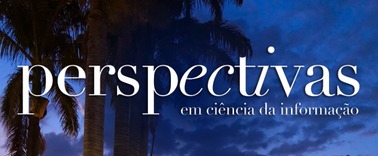The differences and convergences between traditional and digital libraries are discussed. Four aspects are analyzed in this paper, i.e.: 1) the organization of the information where it is shown that the digital library has an information power that will hardly be reached by the conventional library, as information can be directly delivered to the user's desk; the future of the library catalog is also discussed and compared to search engines and mass digitalization projects; 2) the access to information, pointing the present as the right time to start the integration of sources and electronic materials into library collection and services; 3) economical aspects showing that many libraries try to obtain helpful information sources in the external environment, and digitalize their contents to make them available to its clientele; 4) cooperative actions, observing that library cooperation activities increased, not only to reduce costs but also to facilitate survival of the library as a social institution. Finally, the article points out that the challenge to change is a great opportunity for revitalization of the library, impelling it to continue to be a space for joy and learning.
Access to information; Digital library; Digitalization; Google; Internet; Librarian; Library cooperation




